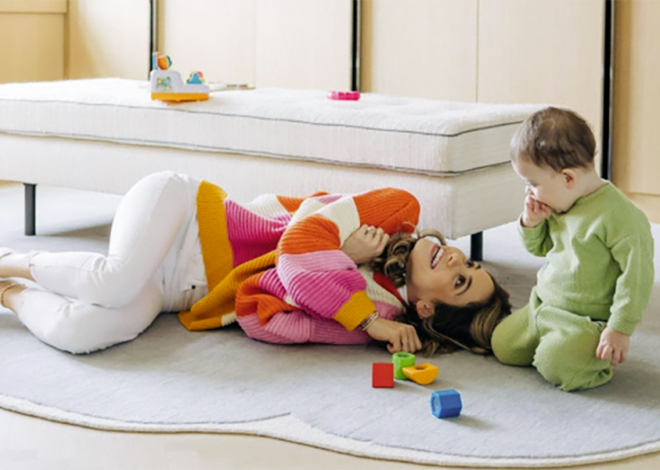Many of the reasons why children don’t behave is because of the way their parents choose to raise them. When children are babies, parents have to cater to their needs, but–at some point–the constant catering must end. That is when the trouble begins. The way you react to the misbehavior could stop it or make it worse.
Children Test You
It’s normal for children to misbehave to see where the boundaries lie, according to the Child Care Aware website. These testing experiences can range from the toddler who is throwing a tantrum to an older child who is challenging your rules. With positive guidance, these behaviors usually go away.
Stages
Children have typical behavior problems at different stages of life that you need to deal with. Toddlers may have tantrums, yell “no” all the time, bite or hit. Preschool children may overuse the word “why,” tell lies, argue or steal. Young school-age children may be stubborn, bossy and want everything their way.
Cry for Attention
Children often misbehave to get your attention. You can ignore this type of misbehavior or impose a punishment, according to the University of Missouri Extension Service. Make sure you give your child attention when he is good.
Learned Behavior
Sometimes, your child’s misbehavior is a result of imitating you. If you swear, your child may, too. If you have a temper, you may be teaching that behavior to your child. To change your child’s behavior in this case, you need first to change yours.
Physical Needs
Some misbehavior occurs when a child is hungry, sick or tired. If you keep a regular schedule and routine, you can avoid much of this kind of misbehavior. Feed your child at regular times, and keep a regular nap time and bedtime.
What You Can Do
If your child is acting in a harmful way, such as biting or hitting, remove her from the situation. Use substitution whenever possible. If your child won’t share, distract her with another toy. Prepare your child in advance so that you are setting her up for good behavior. For example, if you don’t want a meltdown in front of the candy aisle at the grocery store, tell your child before you leave what you will and will not be buying at the store that day. Stay calm and avoid getting into a yelling match with your child. Also, make it a point to notice and tell your child when she is behaving nicely.
Photo Credit
- Stroppy, Stroppy image by Anne-Marie Walker from Fotolia.com





